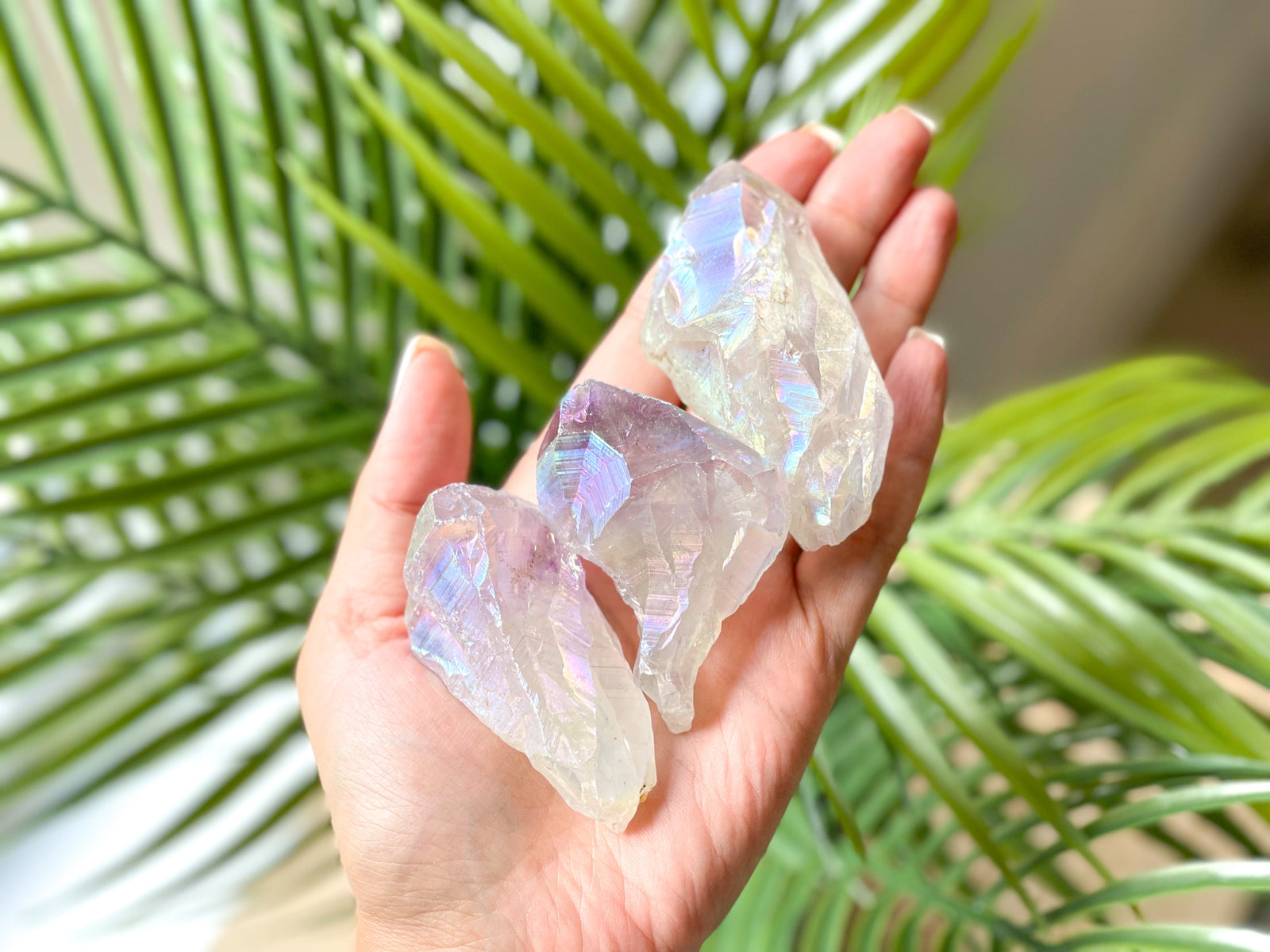Mineral spirits evaporate completely over time. It is a volatile solvent that quickly evaporates from surfaces.
Mineral spirits, also known as white spirits or paint thinner, are commonly used as solvents in paint, varnish, and cleaning products. If you’ve ever used mineral spirits, you might have wondered whether they evaporate completely or leave behind any residue.
We will address this question head-on and provide you with a clear answer. Understanding how mineral spirits behave can help you make informed decisions about their use and ensure proper handling. So, let’s dive in and explore the fascinating world of mineral spirits evaporation.
Understanding Mineral Spirits
Mineral spirits, also known as white spirits or mineral turpentine, is a petroleum-based solvent commonly used in various industrial and household applications. It is a versatile and effective solvent known for its ability to dissolve oil-based substances and remove dirt and grime. Understanding the key properties and common applications of mineral spirits can help you make informed decisions about its usage.
Key Properties Of Mineral Spirits
Mineral spirits possess several key properties that make them suitable for a wide range of uses. These properties include:
- Solvent Power: Mineral spirits have excellent solvent properties, meaning they are capable of dissolving oils, greases, and tough substances effectively.
- Low Evaporation Rate: Unlike volatile solvents, mineral spirits have a relatively slow evaporation rate, allowing them to stay active for longer periods and provide sufficient time for effective cleaning or solvent actions.
- Low Odor: Users often appreciate mineral spirits due to their relatively low odor, making them more pleasant to work with compared to other solvents with strong and overpowering smells.
- Limited Water Solubility: Mineral spirits have limited solubility in water, making them ideal for applications where water-based cleaners are not suitable, such as removing oil-based stains or paints.
Common Applications Of Mineral Spirits
Mineral spirits find broad usage across various industries and in household settings. Some common applications include:
- Paint and Coating Thinner: Mineral spirits are widely used as a thinner for oil-based paints and coatings. They help achieve the desired consistency and facilitate even application.
- Parts Cleaning and Degreasing: Due to their effective solvent power, mineral spirits are commonly used for cleaning and degreasing mechanical parts, tools, and equipment.
- Surface Preparation: Before painting or applying coatings, surfaces often require proper cleaning and preparation. Mineral spirits are utilized for removing oils, grease, or other contaminants to promote better adhesion and a smoother finish.
- Stain and Varnish Remover: Mineral spirits serve as an effective remover for oil-based stains and varnishes from wood surfaces, allowing for refinishing or repair.
- Adhesive and Glue Removal: When it comes to removing adhesive residues or glue from surfaces, mineral spirits can be a handy solution, dissolving the sticky substances effortlessly.
Understanding the properties and common applications of mineral spirits can help you leverage its benefits effectively. Whether you are dealing with an oil-based stain, need to clean mechanical parts, or require a paint thinner, mineral spirits can be a reliable solvent solution.

Credit: yellowtreecompany.com
The Evaporation Process
Mineral spirits, also known as white spirit or mineral turpentine, is a widely used solvent with various applications. One of the key characteristics of mineral spirits is its ability to evaporate rapidly. Understanding the evaporation process of mineral spirits is crucial in order to use it effectively and safely.
How Mineral Spirits Evaporate
Mineral spirits evaporate through a process called evaporation. This process involves the conversion of the liquid solvent into gas or vapor, resulting in the dispersal of the substance into the surrounding environment. The evaporation of mineral spirits occurs at room temperature and normal atmospheric pressure.
During the evaporation process, the molecules of mineral spirits gain enough energy from their surroundings to break free from the liquid’s surface and enter the gas phase. As a result, the liquid volume decreases over time, ultimately leading to complete evaporation.
Factors Affecting The Rate Of Evaporation
Various factors influence the rate at which mineral spirits evaporate. These factors include:
- Temperature: Higher temperatures accelerate the evaporation process as the molecules gain more energy, increasing their kinetic energy and escaping from the liquid more rapidly.
- Surface Area: A larger surface area exposes more liquid to the surrounding air, allowing for faster evaporation.
- Air Circulation: Adequate air circulation helps carry away the evaporating molecules, expediting the process.
- Humidity: High humidity levels slow down evaporation as the air already contains a higher concentration of water vapor, reducing the solvent’s ability to disperse.
- Solvent Properties: The molecular properties of the solvent, such as its boiling point and vapor pressure, also affect the rate of evaporation.
Considering these factors when using mineral spirits is essential to ensure proper evaporation and safe handling. Whether you are cleaning surfaces, thinning paints, or removing grease, understanding the evaporation process of mineral spirits allows for effective and efficient use.
Efficiency Considerations
When considering the evaporation of mineral spirits, it’s crucial to evaluate efficiency from different aspects. We’ll delve into measuring efficiency, and environmental impact, and comparing factors to ensure a comprehensive understanding of mineral spirits’ evaporation.
Comparing Evaporation Efficiency
Examining the evaporation efficiency involves various factors, such as the type of mineral spirits and the conditions under which evaporation occurs. Solvent with lower boiling points generally evaporates more quickly, but it’s also essential to take into account the retention of impurities and any residue left behind after evaporation. Considering these aspects aids in making an informed choice for specific applications.
Environmental Impact Of Evaporation
Evaporation of mineral spirits can have an adverse effect on the environment. Volatile Organic Compounds (VOCs) released during evaporation contribute to air pollution and have the potential to harm human health. It’s crucial to implement measures such as utilizing low-VOC products and ensuring proper storage and disposal to minimize environmental impact.
Best Practices For Evaporation
When using mineral spirits, understanding how to optimize the evaporation process is crucial in order to achieve the desired results efficiently. To ensure safe and effective evaporation, it is important to follow a few best practices. This section will cover optimizing evaporation speed, as well as safety precautions during the evaporation process.
Optimizing Evaporation Speed
To expedite the evaporation of mineral spirits, there are several techniques that can be implemented:
- Choose a well-ventilated area: Proper ventilation allows for improved airflow, promoting faster evaporation.
- Increase surface area: Spreading the mineral spirits across a larger surface area, such as using a wide container or tray, can accelerate evaporation.
- Apply gentle heat: Mild heating, such as using a warm water bath or indirect sunlight, can help speed up the evaporation process.
- Utilize fans or air circulation: Placing fans or other sources of air circulation near the mineral spirits can enhance evaporation by facilitating air movement.
- Consider absorbent materials: Absorbent substances, like cat litter or sawdust, can be useful in absorbing excess moisture and promoting quicker evaporation.
Safety Precautions During Evaporation
Prioritizing safety during the evaporation process is essential to prevent accidents and maintain a secure working environment. Here are a few safety precautions to keep in mind:
- Wear protective gear: Always don appropriate personal protective equipment (PPE) when handling mineral spirits, including gloves, goggles, and a mask.
- Avoid open flames or sparks: Mineral spirits are highly flammable, so it is crucial to eliminate any potential ignition sources in the vicinity.
- Work in a well-ventilated area: Good ventilation is necessary to minimize exposure to harmful fumes and maintain air quality.
- Store and dispose of mineral spirits properly: Ensure that mineral spirits are stored in sealed containers away from heat sources and follow local regulations for disposal.
- Keep out of reach of children and pets: Due to the hazardous nature of mineral spirits, it is important to store them in a location inaccessible to children or animals.
By following these best practices, you can optimize the evaporation speed of mineral spirits while ensuring a safe working environment.

Conclusion & Recommendations
Conclusion & Recommendations:
Summary Of Evaporation Efficiency
After carefully evaluating the evaporation process of mineral spirits, we can conclude that it is indeed an efficient solvent when it comes to evaporating. Mineral spirits have a relatively low boiling point, which allows for quick evaporation. With the right conditions, mineral spirits can evaporate completely, leaving no residue behind.
One important factor that affects the evaporation efficiency of mineral spirits is the surrounding temperature. Higher temperatures generally lead to faster evaporation, while lower temperatures can prolong the process. So, if you want to speed up the evaporation, make sure to work in a warm environment.
Additionally, the evaporation rate of mineral spirits can also be influenced by the surface area exposed to the air. The more spread out the liquid is, the faster it will evaporate. To maximize evaporation efficiency, it is recommended to use a wide container or tray rather than a narrow one.
Tips For Efficient Use Of Mineral Spirits
To make the most out of mineral spirits and ensure efficient use, consider the following tips:
- Avoid excessive usage: Using more mineral spirits than necessary not only increases cost but also prolongs the evaporation process.
- Use a closed container: When not in use, make sure to tightly seal the container to prevent evaporation and preserve the solvent for future use.
- Dispose of properly: Instead of evaporation, it is recommended to dispose of mineral spirits through a designated hazardous waste facility to avoid any environmental harm.
By adhering to these recommendations, you can maximize the evaporation efficiency of mineral spirits and ensure responsible use and disposal of the solvent.
Frequently Asked Questions Of Does Mineral Spirits Evaporate
Does Mineral Spirits Leave A Residue When It Dries?
Yes, mineral spirits can leave a residue when it dries. It’s important to wipe down the surface thoroughly to remove any residue. Using a clean cloth and proper technique can help minimize residue buildup.
How Long Does It Take For Mineral Spirits To Dry?
Mineral spirits typically dry within 24 hours.
Does Mineral Spirits Leave A Film?
Mineral spirits do not leave a film.
Do You Need To Wash Off Mineral Spirits?
Yes, it’s essential to wash off mineral spirits from the skin after use to prevent irritation.
Conclusion
Understanding how mineral spirits evaporate is crucial for using them effectively. By knowing the factors affecting evaporation, you can ensure correct application and safety. Whether for cleaning or as a paint solvent, knowing the evaporation rate is essential. Make informed decisions based on proper knowledge of mineral spirits’ properties.


